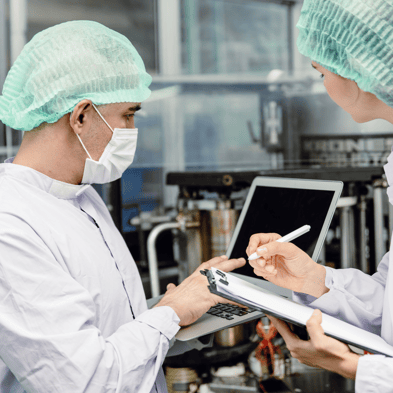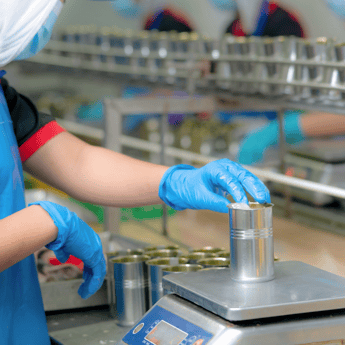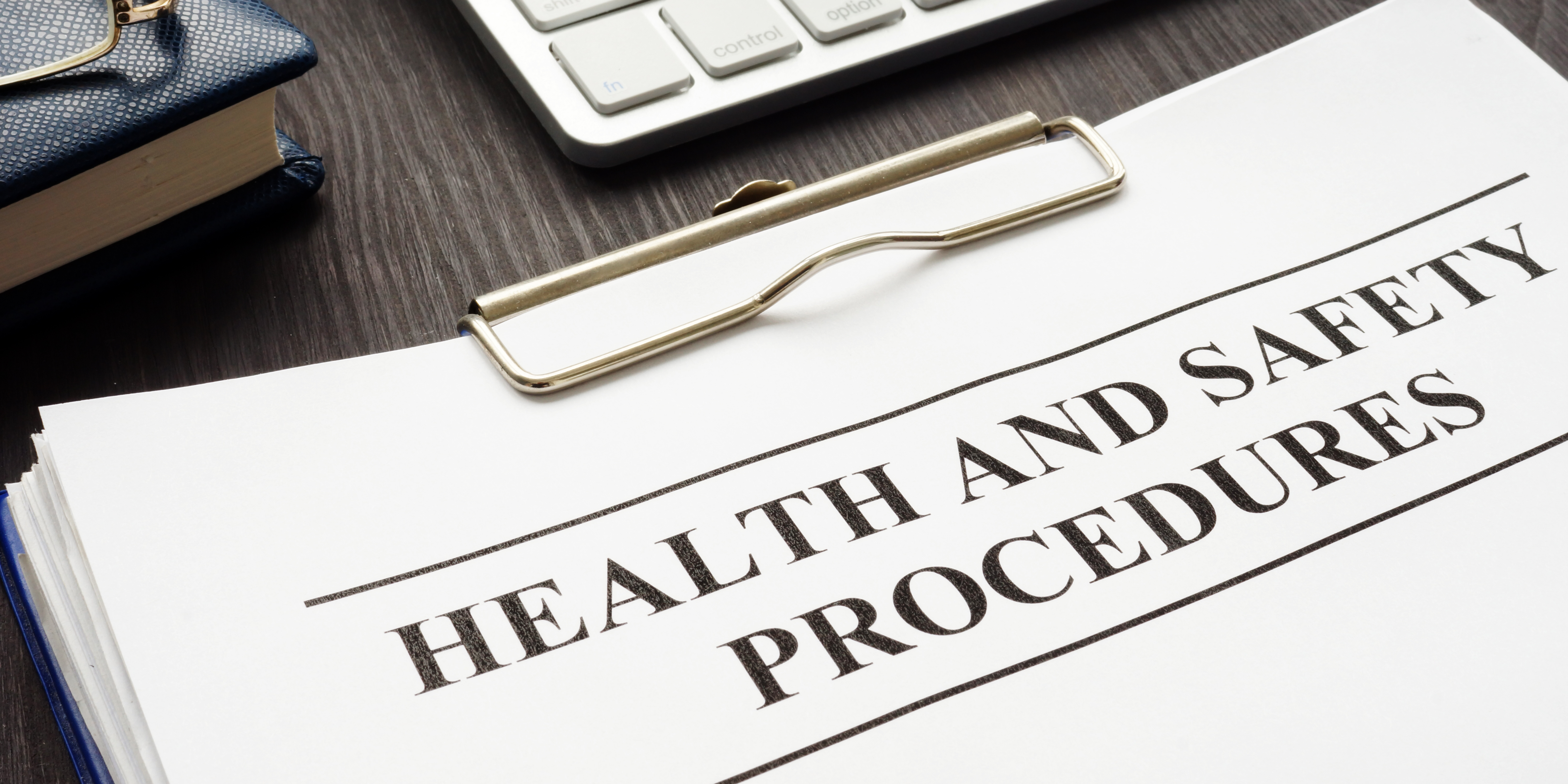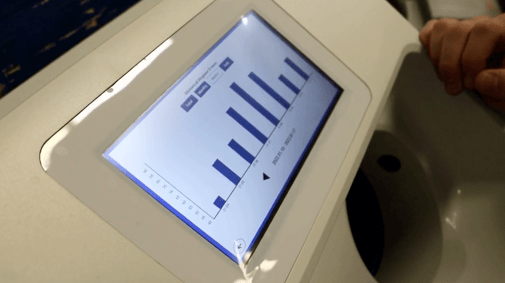Understanding the Types of Food Safety Audits
In the food industry, safety is paramount. Consumers demand healthy and safe products, while food businesses have a moral and legal obligation to deliver quality goods. This is where food safety audits come into play. These audits are essential in ensuring that food safety protocols are strictly followed. They pinpoint areas for improvement and ensure that established standards and regulations are met. In this blog post, we will delve into the various types of food safety audits and their importance in maintaining the quality and safety of food products.
First-Party/Internal Food Safety Audits
 Internal audits play a crucial role in ensuring that a food business's operations are aligned with food safety standards. These audits help identify areas of non-compliance, such as inadequate storage and handling practices, and enable businesses to implement corrective actions promptly. The auditors, who may be trained employees or external consultants, evaluate the effectiveness of the company's food safety management system, including documentation, training, and monitoring procedures.
Internal audits play a crucial role in ensuring that a food business's operations are aligned with food safety standards. These audits help identify areas of non-compliance, such as inadequate storage and handling practices, and enable businesses to implement corrective actions promptly. The auditors, who may be trained employees or external consultants, evaluate the effectiveness of the company's food safety management system, including documentation, training, and monitoring procedures.
With regular internal audits, companies can continuously improve their food safety systems, reduce the risk of foodborne illness and contamination, and enhance consumer trust. Furthermore, internal audits can be used as a training tool for employees, helping them understand the importance of food safety and their role in maintaining it. Internal audits provide businesses with a proactive approach to maintaining the integrity and safety of their food products, which ultimately helps them stay ahead of the competition in the market.
Download our hand hygiene audit tool
Second-Party/Supplier Food Safety Audits
 Second-party or supplier audits are a crucial part of maintaining a safe and secure supply chain. These audits evaluate the compliance and food safety practices of suppliers and vendors, ensuring that they meet the required food safety standards and have appropriate quality control measures in place. This helps in minimizing the risk of contamination and preserving the integrity of the final food products.
Second-party or supplier audits are a crucial part of maintaining a safe and secure supply chain. These audits evaluate the compliance and food safety practices of suppliers and vendors, ensuring that they meet the required food safety standards and have appropriate quality control measures in place. This helps in minimizing the risk of contamination and preserving the integrity of the final food products.
Supplier audits not only help in ensuring the safety of the food products but also provide an opportunity for the purchasing company to build a strong working relationship with their suppliers. By conducting regular audits, businesses can work collaboratively with their suppliers to identify areas for improvement and implement corrective actions. This not only helps in improving the quality of the products but also strengthens the supply chain, reducing the risk of disruptions and delays.
Moreover, supplier audits enable businesses to comply with regulatory requirements and demonstrate their commitment to food safety to their customers and stakeholders. They also provide a competitive advantage by enabling businesses to identify and work with suppliers who share their values and commitment to food safety. Establishing a robust and dependable supply chain not only guarantees the quality and safety of food products but also fosters consumer trust, which is a crucial factor in the success of your food business.
Learn 5 ways to establish a food safety culture at your facility
Third-Party/Certification Food Safety Audits
Third-party or certification audits are an excellent way for food businesses to demonstrate their commitment to maintaining high food safety standards. These audits are typically conducted by independent organizations, certification bodies, or regulatory agencies to verify a company's compliance with recognized food safety standards. The most common certifications include the International Organization for Standardization's ISO 22000, Safe Quality Food (SQF), British Retail Consortium (BRC), and Global Food Safety Initiative (GFSI) standards.
During third-party audits, auditors evaluate a company's entire food safety management system, including documentation, processes, facilities, and employee training. This comprehensive evaluation helps businesses identify areas of improvement and take corrective action to ensure they meet the required food safety standards. Moreover, certification provides credibility and assurance to consumers and business partners that a company is committed to maintaining high food safety standards.
The certification process can be rigorous, involving a thorough evaluation of a company's food safety management system. While obtaining certification can be a difficult journey, it is an investment that can yield significant benefits in the future. Certification provides businesses with a valuable opportunity to showcase their unwavering dedication to food safety, thereby earning the trust and loyalty of consumers and enhancing their reputation in the industry, ultimately setting them apart from their competitors.
Learn the necessary steps to prep for a food safety audit
Regulatory Food Safety Audits

Regulatory audits are a necessary component of food safety, as they ensure that food businesses are following established regulations to protect public health. These audits are typically conducted by government agencies or regulatory bodies, who evaluate a range of factors to ensure that businesses are complying with local, regional, and national food safety regulations. In addition to examining hygiene practices, temperature control, labeling requirements, and documentation, regulatory auditors may also review records and interview employees to ensure that all protocols are being followed.
Learn how to exceed food safety standards with automation
Non-compliance with regulatory standards can have serious consequences, including penalties, recalls, and can even result in closure of the business. Therefore, it is essential for food businesses to prioritize regulatory compliance and view audits as an opportunity to improve their operations and protect their customers. By working collaboratively with regulatory agencies, businesses can identify areas for improvement and take corrective action to ensure that they are meeting all standards and regulations.

CleanTech® Automated Handwashing Stations offer a solution to tracking valuable compliance data for food safety audits. These innovative stations are equipped with technology that records data on hand hygiene compliance. This helps food businesses stay on top of their hygiene protocols and ensure that their employees are following the required handwashing procedures. Moreover, these stations come with training videos that make it easy for auditors to understand how the systems work, reducing the time and effort required for audits. CleanTech® Automated Handwashing Stations are a game-changer in for food safety audits, providing businesses with peace of mind, improved compliance, and enhanced consumer trust.
Food safety audits are an indispensable aspect of ensuring that food products meet the required standards for quality, safety, and compliance. Whether conducted internally, by suppliers, independent certification bodies, or regulatory agencies, these audits are crucial in identifying opportunities for improvement, ensuring compliance with established regulations, and safeguarding consumers from potential hazards. Adopting a proactive approach to food safety audits enables businesses to demonstrate their unwavering commitment to providing high-quality and safe food products, establish consumer trust, and attain long-term success in the competitive food industry.
Learn how CleanTech® Automated Handwashing Stations improve compliance






